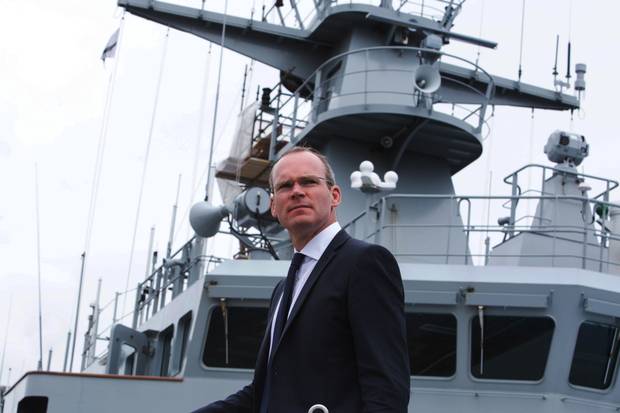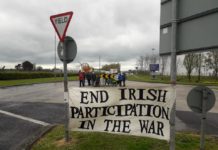Vivian Cullen’s impressionistic view of a recent visit to Cuba.
Arriving in a tropical Havana from a wet and cold Dublin via Paris; immediately the sights and sounds of this island apart hit me.
The lure of Havana is seductive. Vintage 1950s American cars and Russian Ladas cruise down ancient cobble stone streets which mix Spanish Baroque, colonial and post revolution modernist architecture. The spirit, history and constant visible reminders of the revolution exhale a breath like a gentle breeze.
As you walk the ghosts of the mafia, slave trading and Che Guevara seem to merge with the pungent smell of strong Cuban cigars.
The heartbeat of Havana is enigmatic and music seems to offer an expression of pride, nationalism and identity to the Cuban people. Yet the signs of poverty within decaying tenement buildings are a painful reminder of the struggles this society must face.
The David and Goliath battle with the United States is evident in day to day life. But economic sanctions and blockade seem to have strengthened the people’s resolve. However, the signs of the darker side of Havana creep into view. Black market trading and aggressive prostitution are evident. It is a society with more layers and different ways of living than I had imagined.
You are aware of the austerity of ordinary Cubans daily lives but also inspired by the culture that is evident on every street corner. I wonder what Cubans dream of and what would the young Revolutionaries Che and Fidel now make of it all.
The State clearly provides for its people’s needs with free health and education. Life seems simpler. A trip to the local supermarket a day after my return to Dublin overwhelms me with torrents of advertising – consumerism seems like hollow exhibitionism when compared to the streets of Havana – but is that how it would feel to a Cuban; I’m unsure.
My few days in Cuba indicate contradictions more than certainties. Cuba has a restless sprit, there is a sense of transition, and old certainties may be moving, developing. The transition six years ago from the presidency of the now 88 year old Fidel Castro to his younger brother, the 82 year old Raul, seems like only a staging post on the way to greater change. But yet the economic changes implemented under Raul, that seek to stimulate the creation of small markets in agricultural and other areas, have set in motion change that cannot be reversed.
Walking around Havana at night, even in places with few street lights, you feel safe and experience a sense of community spirit. Men and women of all ages are sitting outside their dwellings talking. The easy atmosphere washes over you.
Sitting on the Hotel veranda at night listening to a live band, allowing the coolness of the night take the edge off the tropical heat, there is the sound of an explosion as rain descends – a wall of water continuous and heavy. People in the street scatter looking for shelter, the band rushes into the Hotel. The rain stops, the heat evaporating the water that had collected on dimly lit streets. The ambience is unique – my immersion in this unique socialist society is complete but also I’m aware of its delicacy.
The author was visiting Cuba as part of the a SIPTU Cuban Friendship Forum delegation.





